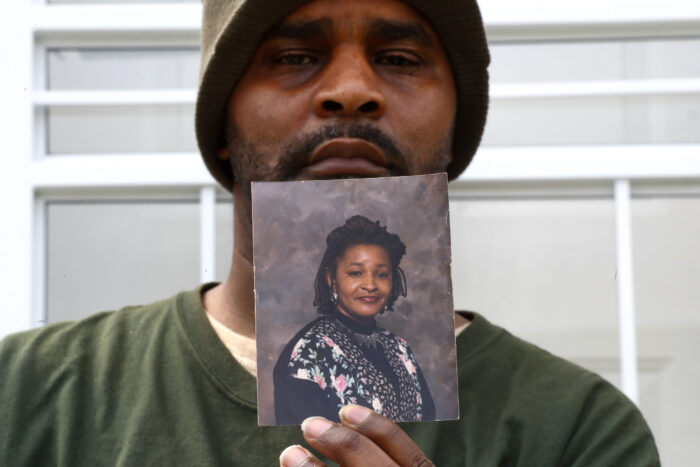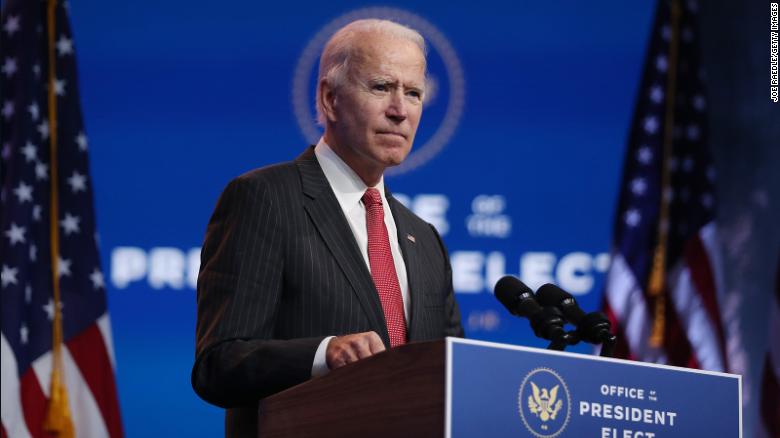
By Bianca Castro
Whether mourning the loss of a loved one to COVID-19 to being isolated from loved ones due to distance or quarantine, this year’s holiday grief may be more heightened because of the pandemic
For the family members of the 21,000 Texans who’ve died of COVID-19, this holiday season will be unspeakably difficult.
Veronica Fabela’s mother had just turned 50 in September, two months before she died of COVID-19.
“She loved cooking. She loved Thanksgiving. She loved for us to be thankful for anything and everything we had. It’s just going to be hard,” said Fabela.
“When somebody is not here, that connection is broken that connection is missed and it just puts that right in our face,” said Daniel Gowen of D2 Counseling.
These families should not feel obligated to engage in holiday traditions as they have in the past.
Some to not celebrate at all this year, while some families may choose to find special ways to honor and include the memory of their lost loved one.
For those separated by distance, whether it’s by choice or a quarantine situation, Gowan said not to underestimate the power of connecting virtually.
“Many of us will have to find family where we can. That may mean on Zoom this year. It may mean a different set of friends. It may mean we go someplace and sit on either side of a window with somebody,” said Gowan.
For general holiday blues, he said you may find relief in recognizing the bigger situation and ordinary times will return.
“To see things in third person as an observer of what’s going on will buy us some freedom,” said Gowan. “If we can take a step back and see it in third person, we will recognize that the situation is bigger than we find ourselves in and that can provide relief too.”
The team of psychologists at St. Jude Children’s Research Hospital offers the following tips:
- Perform a mental health check – It is critically important, especially given mounting “pandemic fatigue,” that we attend to our own mental health. We must first take stock of our own mental health and assure we are not trying to “pour from an empty cup.” It is imperative that parents take time for care of themselves, including spending time outside, seeking social support and engaging in relaxing activities. Give yourself grace to feel disappointment and upset about this highly anxious and uncertain time.
- Feel empowered to do what feels comfortable – In our work with families of children with cancer, we stress the importance of facing the upcoming holidays feeling empowered to do what feels most comfortable given the risks and restrictions of their child’s diagnosis. This is a time for all of us to take this lesson to heart and work to adjust our expectations and prepare for things to be different this year, and in many cases, difficult as well. It can help to talk about these losses, sharing what we are missing most this holiday season.
- Take time to consider what is meaningful to you around the holidays – Take time to consider what is meaningful to you around the holidays. Is it the special recipe for a dish your grandmother used to make? Is it playing games with family members? Watching a game with friends? What parts of these meaningful pieces of the holidays can still happen in a way you feel comfortable with? Rather than looking forward to our typical parties and family meals, we might choose to focus on the gift of health we give when we make the sacrifice of honoring our families’ and loved ones’ health and safety by staying home.
- Make the holidays special from afar – Planning surprises such as cards or gifts delivered in the mail lets your loved ones know you’re with them in spirit, if not in body. Recognizing that many of us are tired of looking at screens, virtual games and activities such as scavenger hunts or singing favorite holiday songs may be more engaging than simply video chatting. Families who remain distanced this season may enjoy developing new traditions, such as trying new recipes or playing new games with those they share a household with that might be incorporated into future holidays when they can safely be together again. Families may choose to reflect on what they are thankful for by coming together to make donations to charities and causes that are meaningful to them.
- Protect your elderly loved ones from loneliness and isolation – In many cases, seniors experience a heightened sense of loss related to pandemic restrictions. These elderly individuals express the feeling that their time is short, and that time is being stolen from them. Some express a willingness to accept the risk of potential virus infection to spend time with family because they are more fearful of dying of old age than they are of dying of COVID-19. Reaching out to those at highest risk for loneliness is more important than ever. Phone calls, video chats, cards, drive-by parades and even socially distanced outdoor visits can help them feel connected and reassure them that you are thinking of them.










